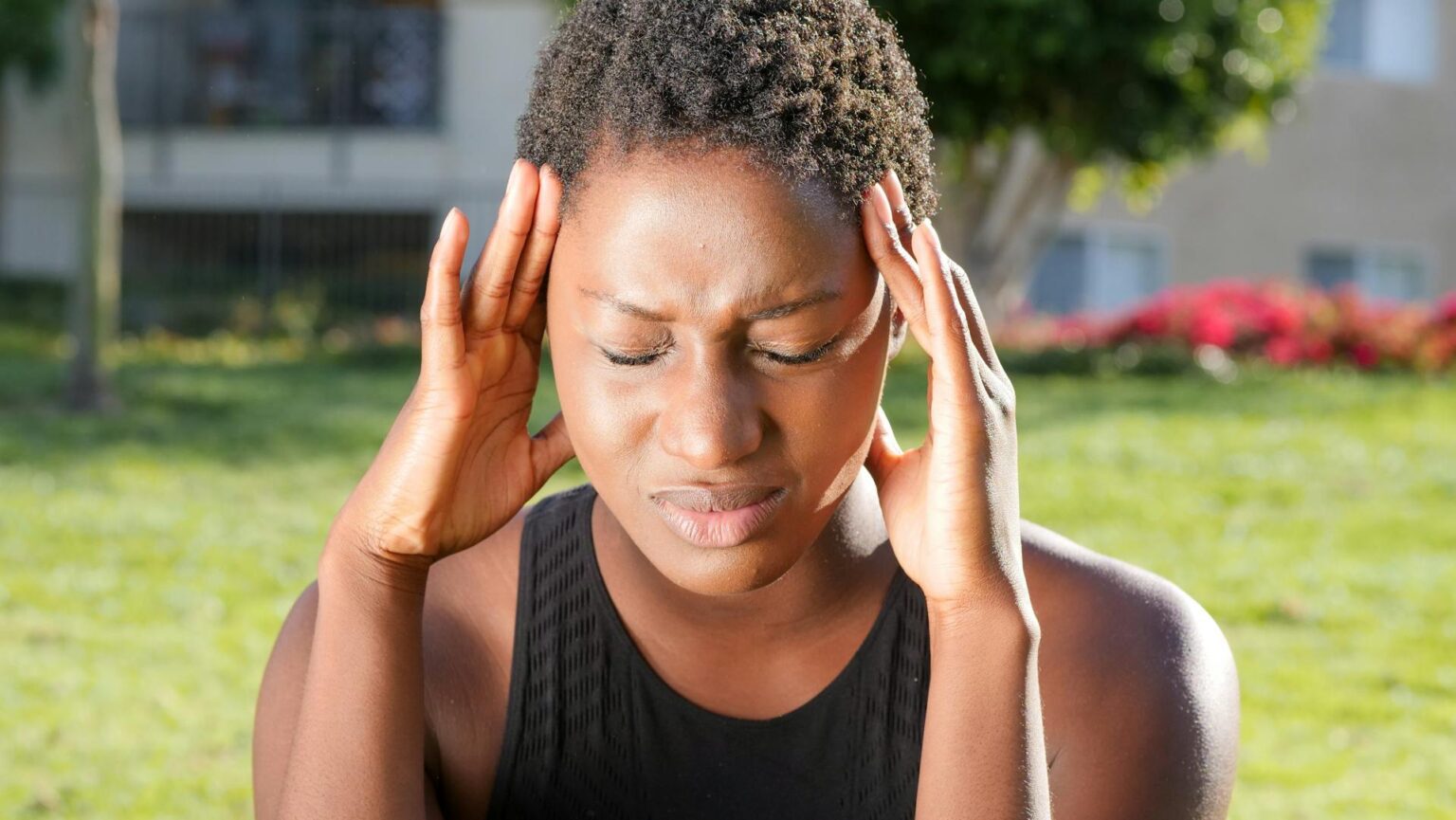Hearing a vibration-type noise in your ear normally means your ears are working hard to protect the delicate inner workings of your ears from damage, but a sound that is persistent and doesn’t go away could indicate any number of issues, from infections and ear wax blockages to tinnitus.
It is normal to occasionally hear slightly unusual sounds, most often described as rumbling, but if this happens regularly, is annoying or irritating, doesn’t stop, or becomes progressively worse, it’s likely there is some kind of irritation behind it.
A gentle, thorough examination of your ears can help us spot numerous potential causes, along with a discussion about your medical history, the nature and persistence of the vibration noises, and any other symptoms you may be experiencing.
Key Facts About the Possible Causes of an Inner Ear Vibration Sound
- Vibrations inside your ear might feel like buzzing or humming and can be associated with a range of issues, from build-ups of ear wax to muscle spasms and tinnitus.
- Having your ears and hearing checked is essential, since our audiologists can get to the underlying cause, recommend the right treatment, and often provide swift relief from vibration noises that are intrusive and distracting.
- Avoiding a hearing check or assuming that tinnitus-related buzzing sounds cannot be treated will often make the problem worse, and we can suggest groundbreaking tinnitus therapies where relevant to minimise the noises swiftly and provide long-term relief.
Why an Occasional Rumbling Noise in the Ear Is Normal
We mentioned that a sound similar to a vibration is often a sign that your ears are protecting themselves, and this is all down to the tensor tympani muscles, which contract when you are exposed to very loud or sudden noises to defend your hearing from damage.
When those muscles contract, they ‘shut off’ the eardrum temporarily, which means your eardrum won’t vibrate as it normally does – the result is often a slight reduction in hearing, which can create that rumbling noise.
Some people also have a similar experience if they shout loudly, yawn, cough or chew – but this isn’t universal.
The difference between vibrations that are part of the healthy functions of your ears and something that needs to be treated is the regularity of the noises, as well as any discomfort or distraction associated with the sounds.
Potential Reasons for a Vibration Noise in Your Ear
Rest assured that, in most cases, a new sound being produced inside your ear is straightforward to treat, and ear wax blockages are the most common culprits.
Wax is responsible for the vast majority of hearing complaints, especially if vibration noises are a new occurrence. A look inside your ears with a tiny camera can help us determine where ear wax has become blocked or clogged, and a pain-free, quick microsuction treatment can eliminate the build-up and restore your hearing to full health.
Vibration Sounds in the Ear and Ear Infections
Another relatively common reason for a vibration noise is an ear infection, often an infection in the middle ear, which can cause fluid to build up and impact the function of your eardrum.
In much the same way as your eardrum stops vibrating fully when your tensor tympani muscles contract, fluid prevents the eardrum from moving. It is more likely to be an infection if you also have one or more of the following symptoms:
- Pain and soreness in one or both ears
- A fever and a general feeling of being unwell
- Sensations like your ear is full or clogged
- Difficulties with hearing
Ear infections usually clear up quickly with a course of antibiotics, and we might recommend a gentle cleaning service or pain relief if you have an infection that is causing discomfort.
What do our audiologists say?

When Vibration Noises in Your Ears Could Be Tinnitus
Tinnitus is often misunderstood, and isn’t itself a condition, but a widely used term to describe noise originating from inside your ears. Tinnitus can, for example, be temporary and linked to ear wax and infections, may be age-related, or can be indicative of another hearing complaint.
However, vibration sounds aren’t typically thought of as tinnitus purely because it is more common for people diagnosed with tinnitus to describe the noise as a whooshing, humming, ringing or hissing.
That doesn’t rule out tinnitus, as individuals can have vastly different experiences, and it’s always worth having a consultation with one of our professional audiologists either to rule tinnitus out or discuss whether a course of tinnitus therapy sessions might be the best way forward.
Tonic Tensor Tympani Syndrome and Vibration Noises
Finally, a recurring vibration sound could be linked to a rare type of tinnitus called tonic tensor tympani syndrome, which impacts the way you process noises and can mean sounds appear distorted, muffled, or you have a vibration noise that only you can hear.
This condition is also a variant of pulsatile tinnitus, which people often say feels like they can hear their heartbeat or blood flow inside their ears.
Treatment is important because tonic tensor tympani syndrome is most likely to affect people with issues around high blood pressure or other conditions impacting their blood vessels, which means managing the condition and restoring healthy blood pressure may be essential to correcting your hearing.
When to Consult an Audiologist About Vibration Sounds Within Your Ears
The general guidance is to book a medical check if you have any signs of an infection, or disturbances impacting your hearing that are also having a knock-on impact on your sleep.
You should also book a hearing test if the sounds limit your ability to work or concentrate, you are experiencing pain and discomfort, have a fever that could be a sign of an infection, or are having issues with balance.
We’d recommend booking a hearing assessment if you’re worried about vibration sounds that only you can hear, have found that inner ear noises are getting louder or more persistent, or would like a full hearing check to ensure any ear wax blockages, infections or other damage inside your ears has been properly treated.







